De 1 a 7 de Dezembro
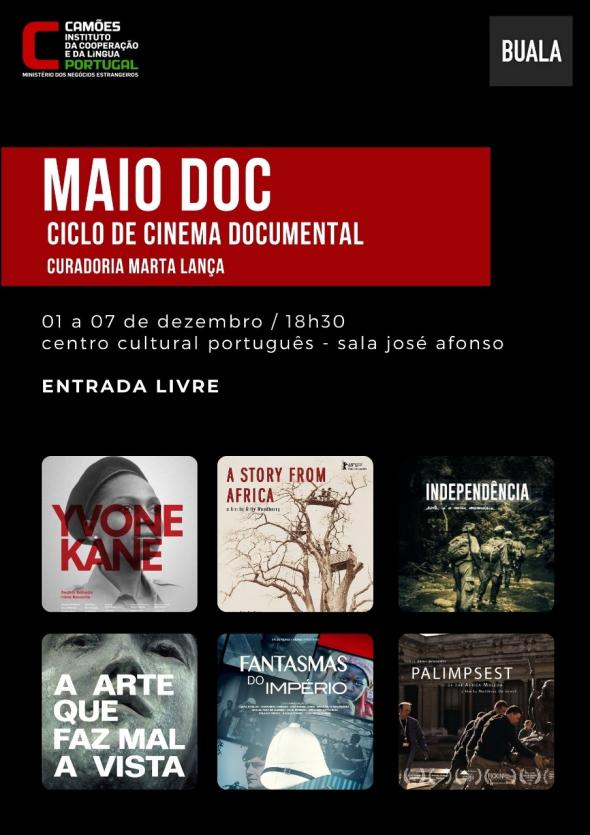
Enquadrado num futuro simpósio que pretende impulsionar uma reflexão sobre os processos do colonialismo português, o Maio Doc vem trazer visualidades e distintas abordagens ao debate sobre este grande capítulo da história de África e da Europa. A seleção de filmes tem como denominador comum o âmbito colonial mas expande-se para assuntos ligados aos processos de contacto, de ocupação, de violência, às relações germinadas por este nó da história que se impregnou no nosso quotidiano.
Em Portugal tornou-se senso-comum branquear a História ou naturalizar a violência, repetindo narrativas fundadoras de uma certa ideia de Portugal (o país dos Descobrimentos, do colonialismo brando, da lusofonia, etc) que, felizmente tem sido disputadas, debatidas e desconstruídas, por exemplo lembrando os aspetos trágicos da expansão ultramarina, como a escravatura e a devastação de culturas e de recursos, os danos do colonialismo mais recente e o processo de descolonização. Por mais vozes críticas que existam, desde sempre mas agora com mais vigor no debate público, as histórias atenuadoras, revestidas de feitos gloriosos de um povo aventureiro, muitas vezes capitalizadas para o turismo, continuam a não permitir pensar a fundo o impacto de tudo isto.
As consequências das continuidades da ampla e violenta história colonial portuguesa, sobretudo o racismo que incide sobre a população negra e cigana, são relativizadas e inclusive negadas. No entanto, p espaço para debater e agir em torno da descolonização da sociedade portuguesa e das cidades está em curso. As vozes pós-coloniais (num sentido alargado que integra vários momentos e teorias) e anti-racistas têm-se fortalecido na arte, na academia e no debate público, como resultado do persistente trabalho de coletivos, de iniciativas institucionais ou independentes mas, sobretudo, por parte do activismo de sujeitos racializados.
O passado inscreve-se no imaginário colectivo frequentemente regido por poderes públicos e sustentado pelos meios de comunicação e de transmissão. Ou seja, o passado é selecionado e reinterpretado segundo as sensibilidades culturais, as interrogações éticas e as conveniências políticas do presente, transformando-se em memória coletiva. Assim, os debates em torno da memória são tensos, porque ligados aos anseios da atualidade, às expectativas do futuro e ao desvelar de histórias memorizadas ou silenciadas.
Como escreve o filósofo camaronês Achille Mbembe em Brutalisme “o dever de restituição e de reparação [são] os primeiros passos para uma verdadeira justiça planetária”. Assim, propomos estes filmes para acrescentar pontos de vista às ramificações da memória colonial ao debate a partir de Cabo Verde. MOIA, último filme que Ruy Duarte de Carvalho fez, filmado em Cabo Verde, “é uma indagação dos traços de uma crioulidade sedimentada numa dinâmica africana, atlântica e lusófona.” Passamos pelo Independência, da promissora Geração 80 de Angola, que conta entre tantos testemunhos a dificuldade e conquistas da luta anti-colonial. A arte que faz mal à vista interpela a estátua de Padre António Vieira, erguida em Lisboa em 2017, inscrevendo-se no intenso debate sobre monumentos e memorialística imperial.
O realizador belga Matthias De Groof problematiza, em Palimpseste du Musée d’Afrique, a tentativa de descolonizar um símbolo colonial por excelência: o Museu Real da África Central, em Tervuren, Bélgica, que inaugurou como AfricaMuseum em 2018 após cinco anos em remodelações. Em A Story for Africa Billy Woodberry anima, numa narrativa sonora e visual, o arquivo fotográfico destinado a comprovar a conquista do território Cuamata, através da trágica história do soba Calipalula, essencial ao desenrolar desta campanha de pacificação do início do século XX que parecem imagens do século XVII. Vamos ainda aos tempos pós-independência com o filme Yvone Kane, de Margarida Cardoso, onde a figura de uma ex-guerrilheira e ativistade grande determinação é pretexto para se indagar as causas revolucionárias e os anseios de mudança, assim como as relações Europa-África. O filme de Ariel de Bigault desbrava um vasto arquivo audiovisual do colonial desvendando “máscaras da violenta dominação colonial, que ainda hoje assombram as memórias. A dinâmica de contrastes entre as imagens e as atitudes revela interrogações muito actuais.” E é muito interessante quando os atores Orlando Sérgio e Ângelo Torres questionam a falta de protagonismo dos negros e o “fora de campo”. Será nestes insinuações e pontos não tão conhecidos das memórias coloniais, anti e pós, que nos interessa debate e inscrever novas memórias com o que o público cabo-verdiano tem a dizer.
15º Maio Doc – CICLO DE CINEMA DOCUMENTAL
Curadoria Marta Lança
Centro Cultural Português do Mindelo, Sala José Afonso
PROGRAMAÇÃO
Dia 4 - 18h30
Fantasmas do Império, Ariel de Bigault (Portugal, França 2020), 112’
Dia 5 - 18h30
Independência, de Mário Bastos (Angola 2015) 110’
Dia 6 - 18h30
A Arte que faz mal à vista, de Pedro Neves Marques (Portugal 2018) 18’49
A Story from Africa, de Billy Woodberry (EUA 2019) 33’
Palimpseste du Musée d’Afrique, de Matthias De Groof (Bélgica 2019) 69’
Dia 7 - 18h30
Yvone Kane - Margarida Cardoso (Portugal, 2014) 118’
Dia 08 - 18h30
MOIA: o recado das ilhas, de Ruy Duarte de Carvalho (Portugal, Cabo Verde 1989) 62’
SINOPSE MOIA: o recado das ilhas, de Ruy Duarte de Carvalho (Portugal, Cabo Verde, 1989) 62’ “Ficção poética mais que ficção dramática, MOIA é uma indagação dos traços de uma crioulidade sedimentada numa dinâmica africana, atlântica e lusófona.
O perfil e o percurso da protagonista, a convergência das muitas componentes que podem perturbar e reordenar os fundamentos de uma identidade que tende a exceder as categorias políticas, geográficas e históricas. Assim é que a circunstância insular e a exuberância vulcânica da terra e da expressão Cabo-verdianas acolhem as inquietações personalizadas de uma insularidade psicológica e social que veicula o eco de uma África que leva às suas últimas consequências o confronto shakesperiano entre Próspero e Caliban. Uma indagação cinematográfica acerca de tal ordem de emoções não poderia dispensar o recurso ao fantástico, ao delírio e ao arrojo poético. É disso que se faz qualquer futuro. A mestiçagem traduzida em planos.”
Ruy Duarte
Independência, de Mário Bastos (Angola 2015) 1h 50’ A 11 de Novembro de 1975 Angola proclamou a independência, 14 anos depois do início da luta armada contra o domínio colonial português. O regime de Salazar recusava qualquer negociação com os independentistas, aos quais restava a clandestinidade, a prisão ou o exílio.
Quando quase toda a África celebrava o fim dos impérios coloniais, Angola e as outras colónias portuguesas seguiam um destino bem diferente. Só após o golpe militar de 25 de Abril de 1974 ter derrubado o regime, Portugal reconheceu o direito dos povos das colónias à autodeterminação. Os anos de luta evocados em “Independência” determinaram o rumo de Angola após 1975. Opções políticas, conflitos internos e alianças internacionais começaram a desenhar-se durante a luta anti-colonial. As principais organizações (FNLA e MPLA e, mais tarde, UNITA) nunca fizeram uma frente comum e as suas contradições eram ampliadas pelo contexto da Guerra Fria. A independência foi proclamada já em clima de guerra, mas com muita emoção e orgulho, como é contado no filme.
A Arte que faz mal à vista, de Pedro Neves Marques (Pt 2018) 18’49 Lisboa é uma cidade em mudança. À medida que jovens afrodescendentes assumem o seu direito à cidade, assiste-se a um intenso debate sobre monumentos e símbolos públicos que lembrem o passado colonial de Portugal. No Outono de 2017, deu-se um confronto entre um protesto pacífico e grupos neonazis frente a uma estátua recentemente erguida em memória de Padre António Vieira, representado num gesto de conversão com três crianças indígenas aos pés.
Palimpseste du Musée d’Afrique, de Matthias De Groof (Bélgica 2019) 69’ Em 2013, o Museu Real da África Central (Bélgica) fecha para renovações. É uma oportunidade para conferir uma visão moderna à existência e à missão do museu. O processo de descolonização leva a discussões acesas. É preciso colocar questões fundamentais: quem está a olhar para quem? E está-se a contar a história de quem?A Story from Africa, de Billy Woodberry (EUA 2019) 33’Na sequência da resolução da Conferência de Berlim de 1885 quanto à divisão de África, o exército português usa um oficial talentoso para registar a ocupação efectiva do território conquistado em 1907 ao povo cuamato, no sul de Angola. A Story from Africa dá vida a este arquivo fotográfico raramente visto através da história trágica de Calipalula, o fidalgo cuamato que foi decisivo no desenrolar dos eventos desta campanha de pacificação portuguesa.
Yvone Kane - Margarida Cardoso (Portugal, 2014) 118’ Depois de uma tragédia que lhe roubou a vontade de viver, Rita decide voltar a África, ao país onde cresceu, e reencontrar Sara, a sua mãe. Enquanto Sara vive os últimos dias da sua vida procurando encontrar um sentido para o seu passado, Rita decide investigar o percurso de Yvone Kane, uma ex-guerrilheira e ativista política cuja coragem e determinação marcou várias gerações e cuja morte nunca ficou esclarecida. Porém, apesar dos esforços, nenhuma das duas parece conseguir a redenção de que necessita?
Fantasmas do Império, Ariel de Bigault (Pt, Fr 2020), 112’ Fantasmas do Império explora o imaginário colonial no cinema português desde o início do século XX… 100 anos de cinema. Às imagens e narrativas que sustentam o enredo imperialista, contrapõem-se filmes e olhares de cineastas de várias gerações assim como pontos de vista de pesquisadores e testemunhas. Desvendam-se ficções e mitos, máscaras da violenta dominação colonial, que ainda hoje assombram as memórias. A dinâmica de contrastes entre as imagens e as atitudes revela interrogações muito atuais.
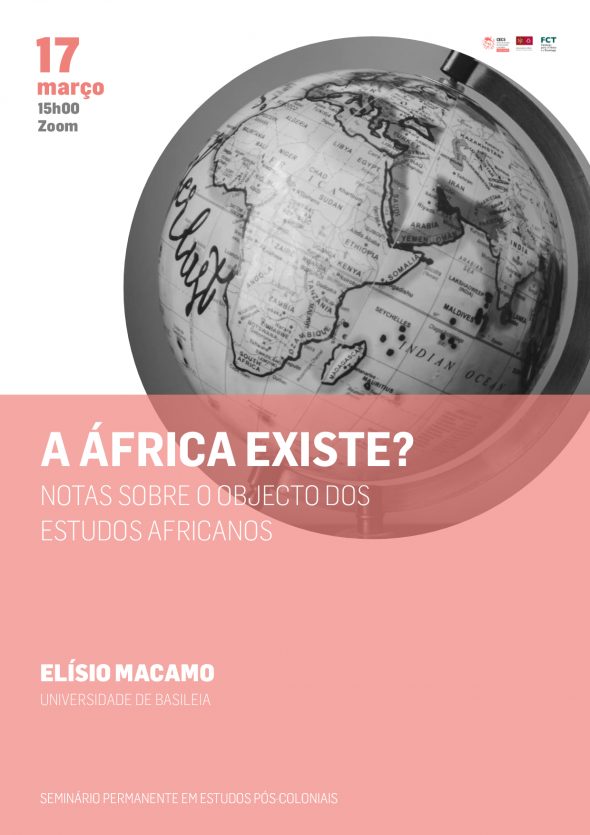
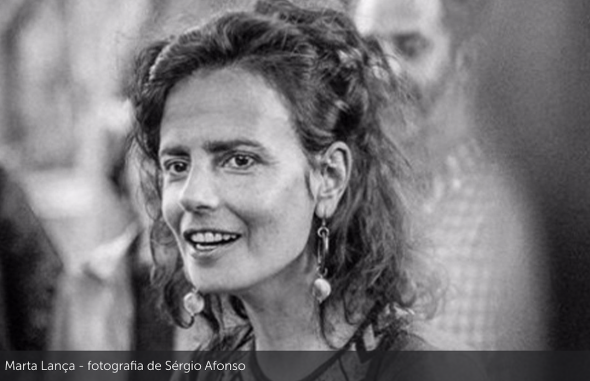
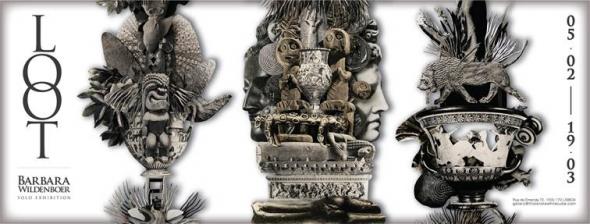
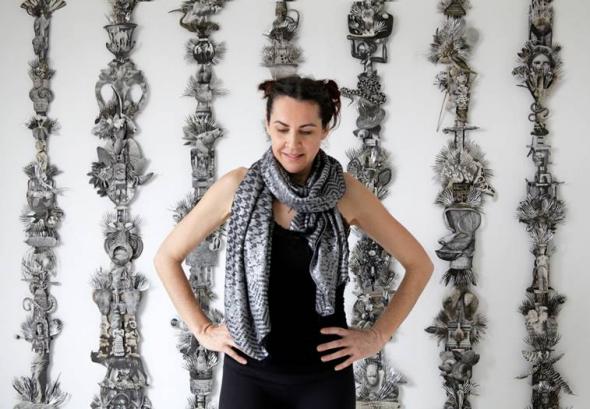

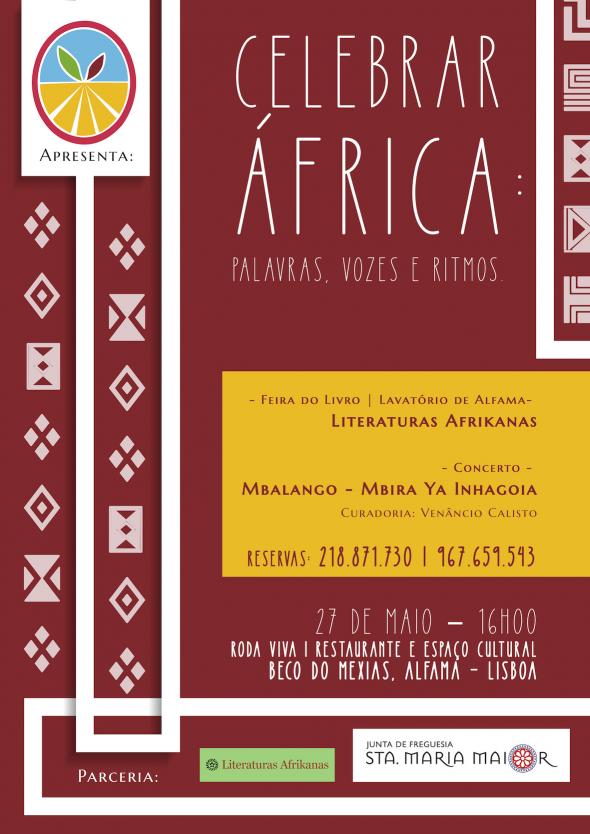
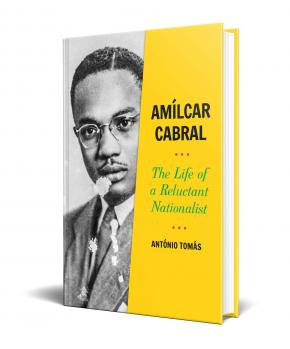 On 20 January 1973, the Bissau-Guinean revolutionary Amílcar Cabral was killed by militants from his own party.
On 20 January 1973, the Bissau-Guinean revolutionary Amílcar Cabral was killed by militants from his own party.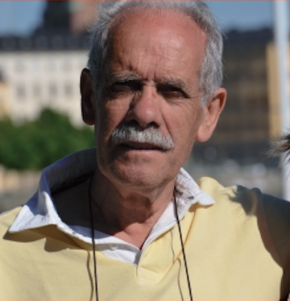
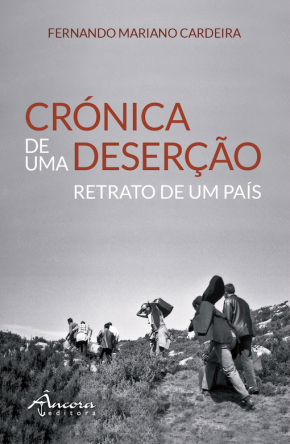
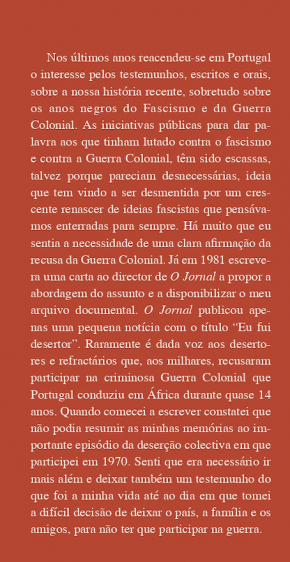
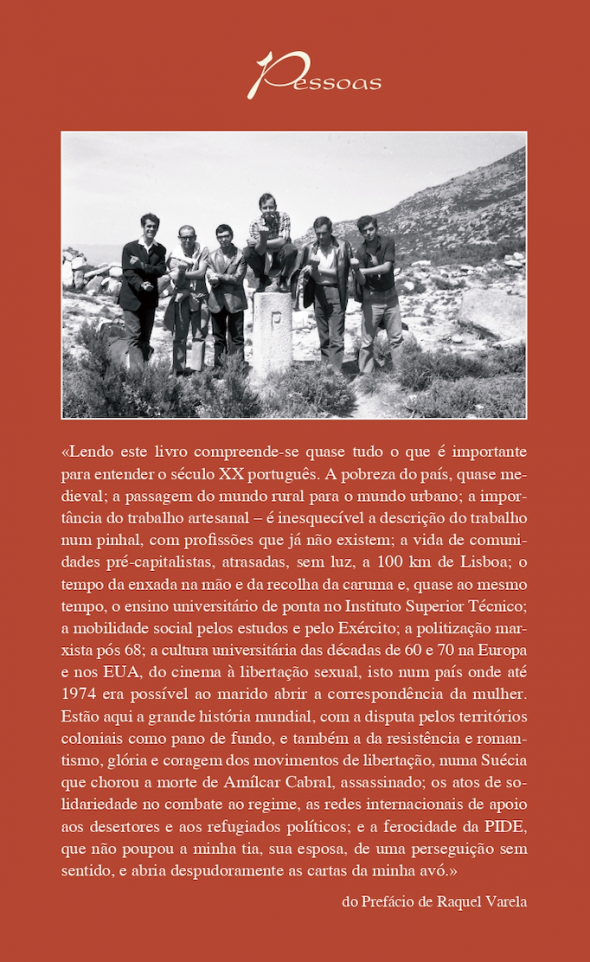
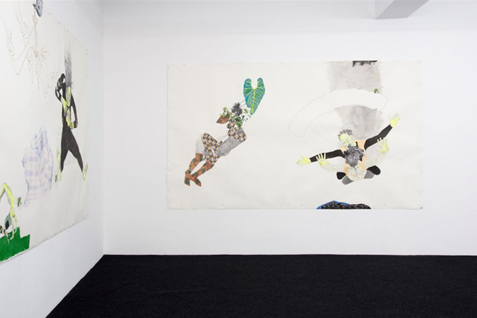
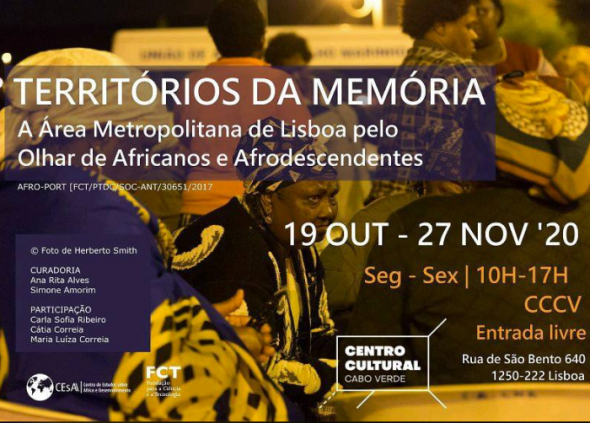
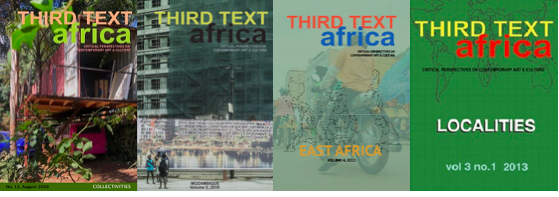
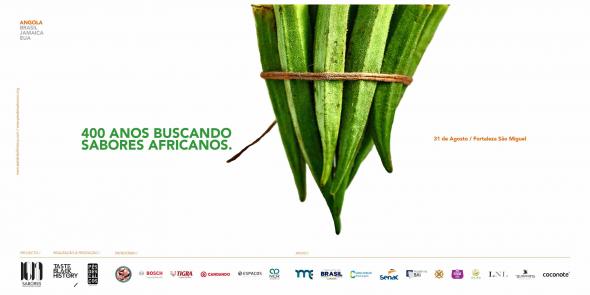
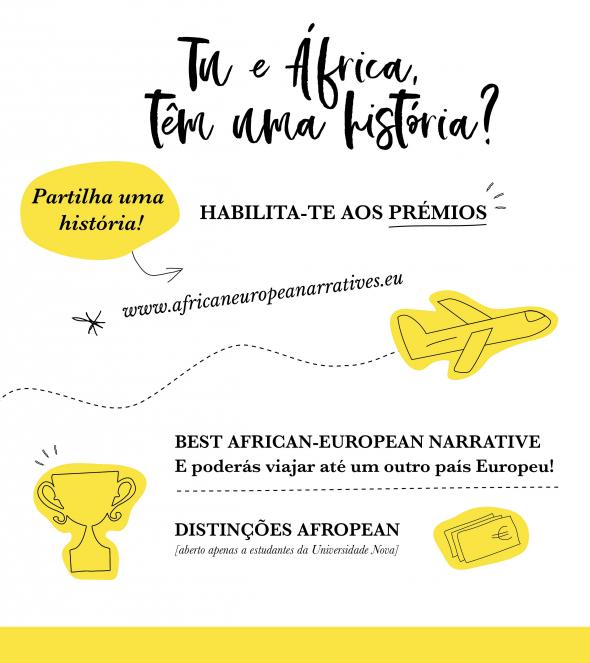
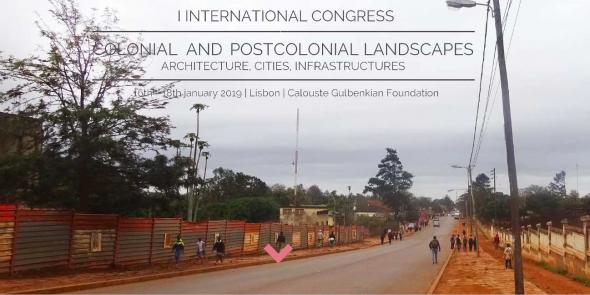
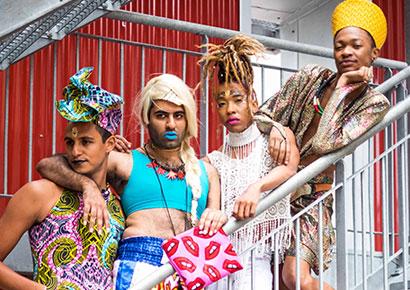 “In Africa public discourses, by authority figures like politicians and religious leaders, concerning gender often refer to moral identities rooted in sociocultural beliefs and religion. At the same time, human rights concerning sexuality and reproduction, are sometimes frowned upon as tokens of westernisation. These regimes of representation and public performances invoking social norms and african identities, are political tools. And even if gender cannot be adopted uncritically in african contexts, without the risk of misrepresenting important social dynamics, such as seniority (Oyewumi), efforts to downplay its importance as a descriptive tool do more for conservative, nativist agendas, and power dynamics associated with violence and inequality, than for human rights, a language that is not the language most people use to describe their problems.However, activisms for sexual citizenship and gender often work precisely on discursive levels (but not only) to convey new languages to people in order for rights to be claimed. By creating new spaces for debate activisms help deconstruct normativity as the only narrative and generate new forms of social commentary oriented towards better informed decisions for individuals, even if in their lives structural constraints remain a reality. Technology also helps boost this approach by expanding outreach, registering, giving more visibility.In this panel we welcome scholars to rethink gender as an analytical tool from a decolonial, decentered, pluralist, critical perspective by taking into account current activisms in gender in areas such as GBV, sexual violence, FGM/C, education, alongside discourses opposing social change and invoking social norms.
“In Africa public discourses, by authority figures like politicians and religious leaders, concerning gender often refer to moral identities rooted in sociocultural beliefs and religion. At the same time, human rights concerning sexuality and reproduction, are sometimes frowned upon as tokens of westernisation. These regimes of representation and public performances invoking social norms and african identities, are political tools. And even if gender cannot be adopted uncritically in african contexts, without the risk of misrepresenting important social dynamics, such as seniority (Oyewumi), efforts to downplay its importance as a descriptive tool do more for conservative, nativist agendas, and power dynamics associated with violence and inequality, than for human rights, a language that is not the language most people use to describe their problems.However, activisms for sexual citizenship and gender often work precisely on discursive levels (but not only) to convey new languages to people in order for rights to be claimed. By creating new spaces for debate activisms help deconstruct normativity as the only narrative and generate new forms of social commentary oriented towards better informed decisions for individuals, even if in their lives structural constraints remain a reality. Technology also helps boost this approach by expanding outreach, registering, giving more visibility.In this panel we welcome scholars to rethink gender as an analytical tool from a decolonial, decentered, pluralist, critical perspective by taking into account current activisms in gender in areas such as GBV, sexual violence, FGM/C, education, alongside discourses opposing social change and invoking social norms.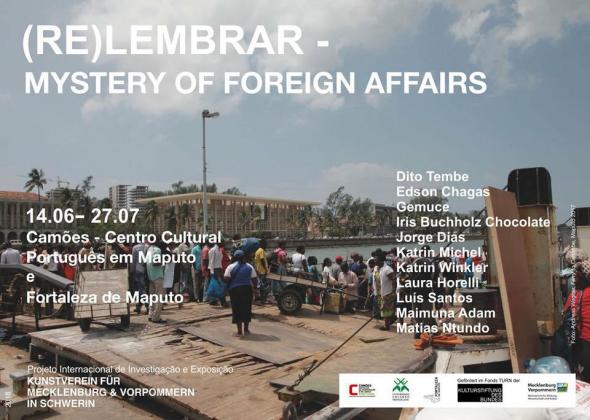

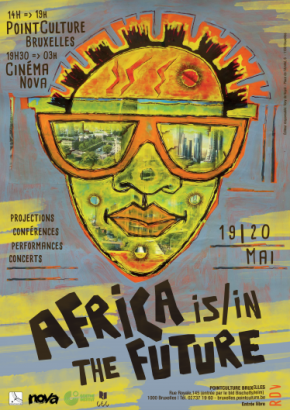
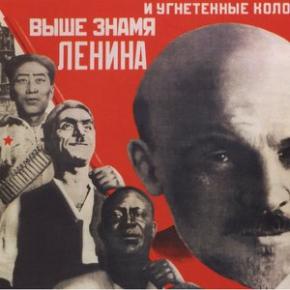 Across Africa, the struggle between the forces of capitalism and communism sparked coups, revolutions and political divisions, resulting in a huge impact on Africa’s post-independence landscape. In 1960 Moscow rightly judged anti-colonial fervour to be a good fit with Marxism and Soviet embassies were set up in many African countries. But was there a Soviet strategy for taking over Africa? To what extent was the USSR aware of political structures in Africa and the needs of those countries which it supported? What were the impacts of the Cold War on African national identities?
Across Africa, the struggle between the forces of capitalism and communism sparked coups, revolutions and political divisions, resulting in a huge impact on Africa’s post-independence landscape. In 1960 Moscow rightly judged anti-colonial fervour to be a good fit with Marxism and Soviet embassies were set up in many African countries. But was there a Soviet strategy for taking over Africa? To what extent was the USSR aware of political structures in Africa and the needs of those countries which it supported? What were the impacts of the Cold War on African national identities?